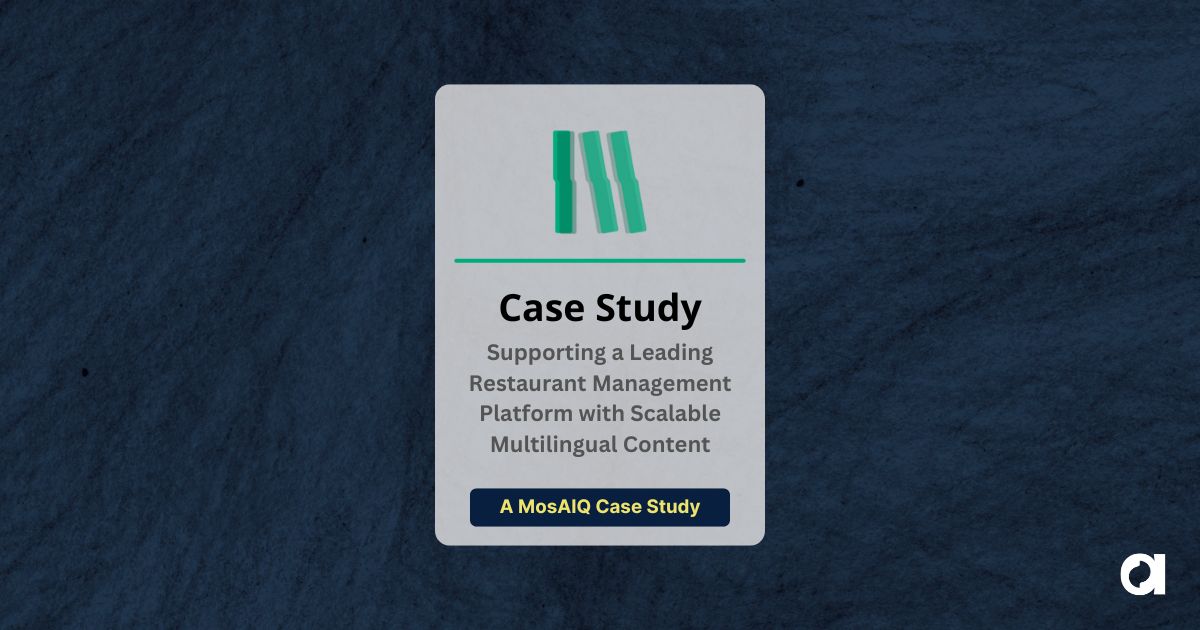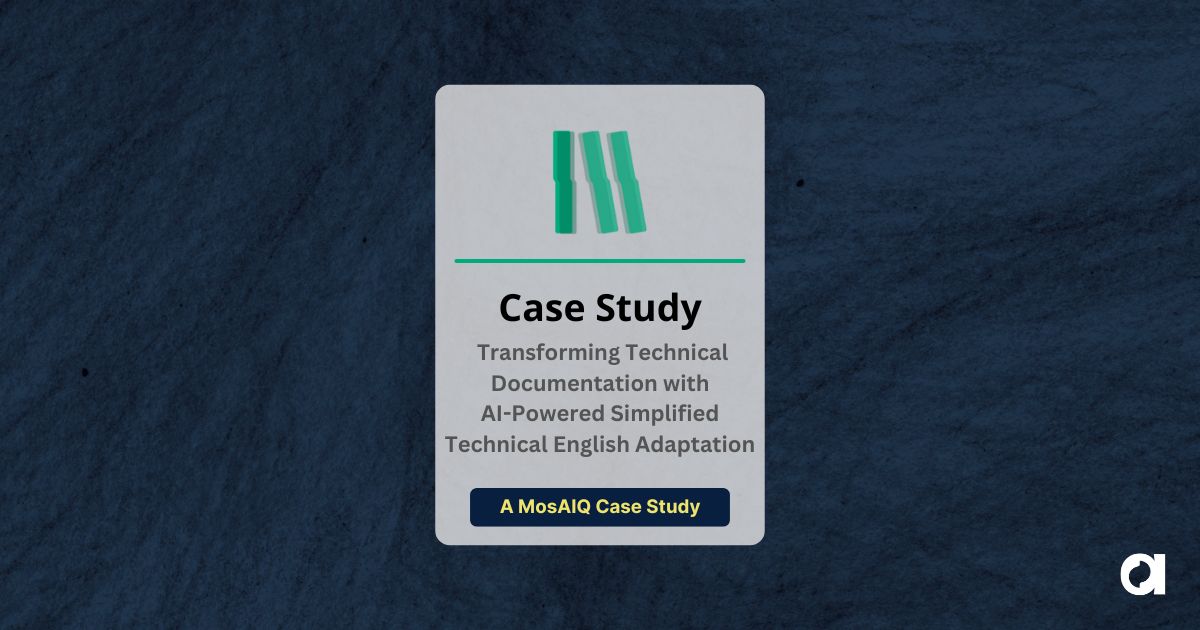The Brexit standoff has plunged the City of London into uncertainty, and the fog shows no signs of lifting any time soon. We invited Evan De Barra, Public Relations Director of Consultancy32, to give us his take on what businesses and investors can likely look forward to.
The United Kingdom’s exit from the European Union looms ever closer with October 31st still set as the official deadline, with Prime Minister Boris Johnson repeatedly committing to leaving on this date – “No ifs, no buts.”
The status of Northern Ireland, the only part of the UK with a land border with the EU, is the biggest hurdle to an agreement and has yet to be resolved. The EU has consistently required a ‘backstop’ (meaning a default condition) of a customs union including Northern Ireland for any agreement, since the integrity of the EU single market and the GFA are of paramount importance for the EU. Ireland has staunchly requested that no hard border should exist between the two jurisdictions, a key condition in the Good Friday Agreement, the international treaty that came into effect in 1999, meaning physical checks on goods at a border must be avoided.
The UK’s political leadership regards this as unpalatable since it would give status to Northern Ireland separate from the rest of Britain and hinder to some extent the UK’s ability to strike trade deals with nations around the world. In turn, the UK’s latest proposed technical solution of customs checks at centres away from the border remains unacceptable to the EU. Discussions of this are ongoing and intensifying at time of publication, with a ‘No Deal’ scenario still a strong possibility.
In the specific area of financial services, until actual exit, the UK remains the EU’s largest financial centre. Since 1999 the EU has prioritised integrating financial markets and facilitating cross-border financial services and London has played a key part in this. This has been embodied in the EU’s directives, regulations, technical standards and guidance which affect banking, asset management and insurance. These directives have addressed how member states should cooperate, their responsibilities and duties and how supervision and resolution of disputes should be conducted.
Financial services companies authorised in one member state have benefited from being able to “passport” their services to other member states without the need for authorisation at individual state level. For example, exchange-traded funds (ETFs) authorised and listed on Euronext Dublin in Ireland can be passported relatively easily to Deutsche Börse Xetra without the need to re-initiate an application to a regulator from the very beginning, saving time and expense during initial setup and the financial product’s lifetime. The UK will become a third country under the Markets in Financial Instruments Directive (MiFID) II, though there is no similar provision in banking regulations for similar status under Capital Requirements Directive (CRD) IV.
Third country status will make passporting unavailable to EU companies selling into the UK and UK companies selling to the EU. To avoid this, many firms have established bases in other EU member states. According to research by think tank New Financial, by October, “332 firms in the UK have moved or are moving some of their business, staff, assets or legal entities from the UK to the EU to prepare for Brexit,” at a cost of tens or hundreds of millions of dollars, with France, Germany, Holland, Luxembourg and Ireland prominent as destinations for these new or expanded operations.
The UK’s Financial Conduct Authority (FCA) has advised financial firms doing business between the UK and the European Economic Area (which includes the EU, Iceland, Liechtenstein and Norway) they should prepare for a no deal scenario. These include general insurers and intermediaries in the UK; life insurers offering pensions and retirement income; wholesale market participants (banks and asset managers); UK-based investment firms; and UK banking and payments providers.
The FCA will apply a temporary permissions regime under its Temporary Transitional Power (TTP) that will allow EEA firms to continue doing business until they are granted FCA authorisation: the financial services equivalent of a customs officer at a seaport allowing a large truck through without an inspection. This will include passported ex-UK investment funds. The TTP will apply until December 31st, 2020.
By March this year, over 1,000 EU firms and fund managers (representing thousands more funds) had already decided to join the related Temporary Permissions Regime. According to think tank New Financial, “contingency planning by banks, exchanges and asset managers – combined with recent agreements between UK and EU regulators – means that the industry is pretty well-prepared for whatever happens between now and October 31st,” though this may be optimistic.
During an agreed transition period, the UK will continue to follow EU law, but will no longer have influence over decisions during this period. This points to how the UK will regulate financial services in its jurisdiction: a parallel, EU-compatible regime, with frameworks diverging in some areas. The UK will be resigning its longstanding leading role in shaping EU financial regulations, but it is likely to have to stay compliant in many areas if it is to deliver services to the EU market, its largest market. The UK’s financial sector was against leaving the EU and thus keen to reach understandings for smooth conduct of business. It’s in the future where the big bumps in the road may lie.
A case study of how a third country relationship can ebb and flow can be seen in a current dispute between Switzerland and the EU. This arose when the EU deliberately allowed its recognition of the Swiss stock exchange regime to lapse. This led to a ban on Swiss-listed stocks being traded in the EU. The stock exchange dispute is only a symptom of the friction at a higher level between the two parties, as embodied in the fraught negotiations over the Institutional Framework Agreement, a proposed legal framework for the Swiss-EU relationship.
The EU would prefer an overarching agreement to govern the relationship, while the Swiss would rather continue using bilateral sectoral agreements, a system more compatible with their direct democracy, referendum-led political system. As of October, negotiations remained at a standstill. While Britain (as a much larger nation and trading partner) would have more power than Switzerland, should a similar future dispute crop up, the situation indicates how sand can creep into a low friction political relationship between the EU and third countries.
About the Author:
Evan De Barra is the Public Relations Director at Consultancy32, specializing in media relations for financial services. He currently manages UK media relations for Ossiam, a leading European smart beta investment manager and affiliate of Natixis Investment Managers, with ETFs listed on stock exchanges across Europe.
Consultancy32 is a team of corporate communications experts established in 2017, with 24 clients across multiple markets. They support leading corporates and start-ups, helping them define their communications strategies and raising their profile. Their cross-cultural consultants have experience in multiple countries, companies and sectors, including finance, technology and environment. You can learn more about them at consultancy32.com
Want to know more?
 Argos Multilingual
6 min. read
Argos Multilingual
6 min. read
It may sound paradoxical, but following a few simple suggestions can produce more accurate translations while also helping you get the most out of your resources. Read on to see how it’s possible! The old adage that “you get what you pay for” suggests that we should forfeit any expectation of quality when we opt […]

 Argos Multilingual
4 min. read
Argos Multilingual
4 min. read
It’s not only Hollywood that’s obsessed with reboots – established brands often find it necessary to show a new face to consumers, investors, and competitors. Here’s how to do it right. At its core, rebranding is all about taking a company in a different direction and then changing their image to reflect it. Companies rebrand […]











